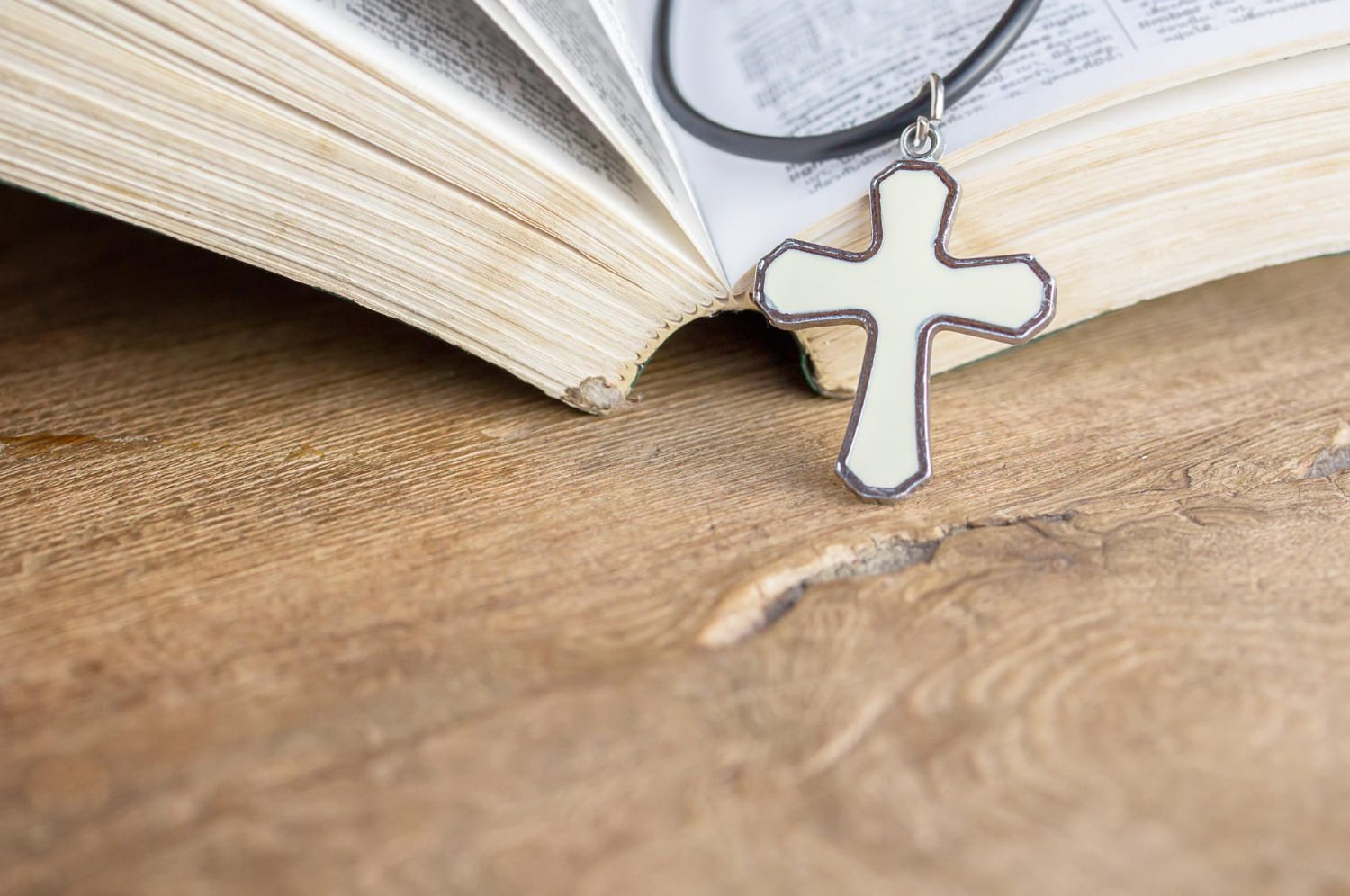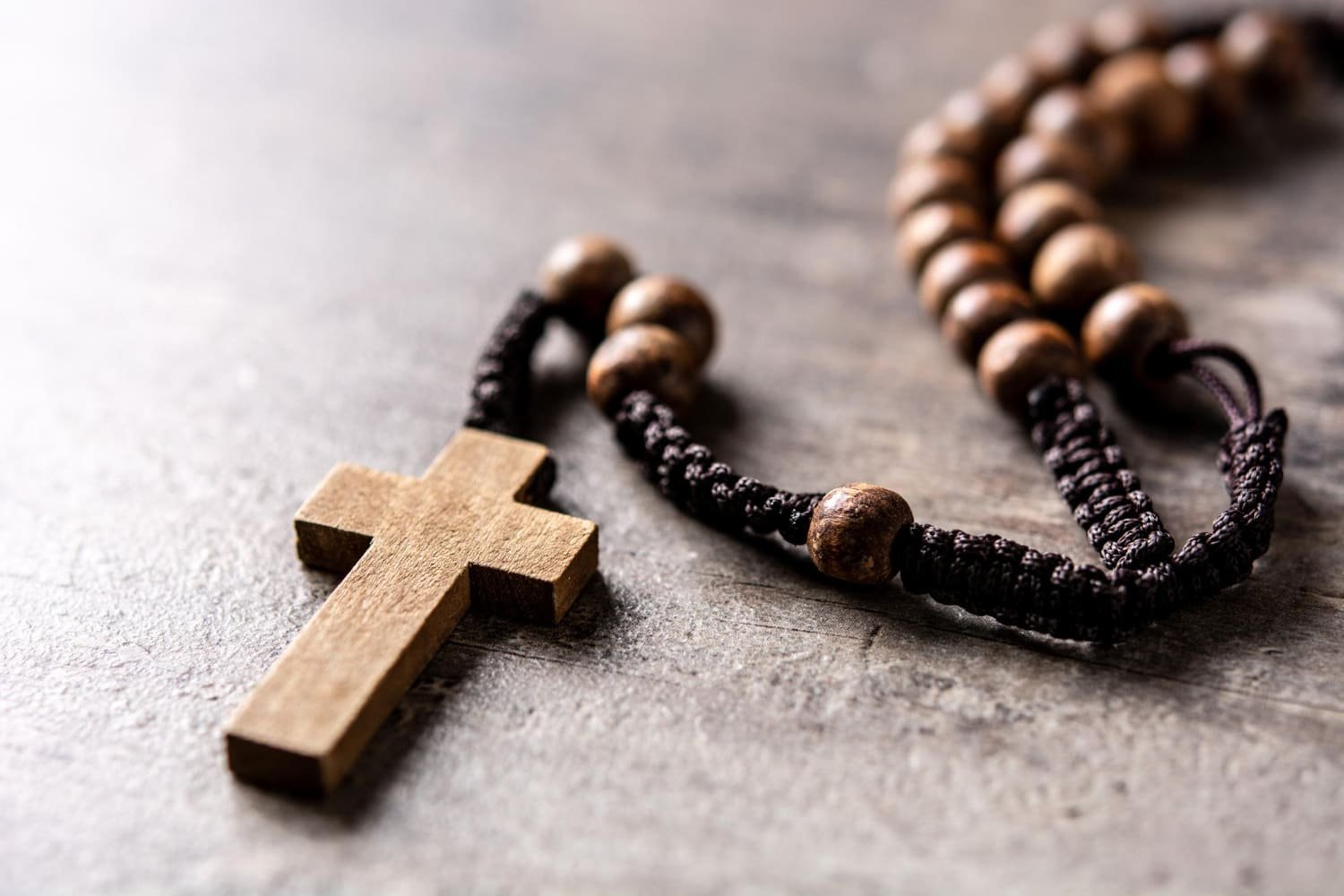Catholicism and Evangelicalism are two of the most prominent branches of Christianity. Both Catholics and Evangelicals believe in Jesus Christ and the Holy Bible, but they have significant differences in their beliefs, practices, and traditions.
Understanding these differences is crucial for anyone who wants to choose between the two, or simply learn more about them.
One of the most significant differences between Catholics and Evangelicals is their view on authority. Protestants, including Evangelicals, believe that the Bible is the only source of authority, while Catholics believe that the Bible and Sacred Tradition, which includes the teachings of the Church and the Pope, are equally authoritative.
This difference has led to divergent beliefs on issues such as the role of the Church, the sacraments, and the interpretation of the Bible.
Another difference between Catholics and Evangelicals is their approach to salvation. Catholics believe that salvation is a lifelong process that involves faith, good works, and the sacraments, while Evangelicals believe that salvation is achieved through faith in Jesus Christ alone.
This difference has led to different attitudes towards the role of the Church, the importance of good works, and the nature of sin and redemption.
Beliefs and Practices
Catholicism and Evangelicalism are both branches of Christianity, but they differ in their beliefs and practices. One of the key differences between the two is the role of the Bible.
Catholics believe in the authority of the Bible, but also rely on the teachings of the Church and the Pope. Evangelicals, on the other hand, believe in the Bible as the sole authority for faith and practice.
Another difference is the role of tradition. Catholics place a strong emphasis on tradition, including sacraments, rituals, and the veneration of saints. Evangelicals, on the other hand, tend to place less emphasis on tradition and focus more on personal faith and individual relationships with God.
One of the most significant differences between the two is the doctrine of salvation. Catholics believe in salvation through faith and good works, while Evangelicals believe in salvation through faith alone.
This difference in doctrine has led to some theological and practical differences between the two groups, including their approach to evangelism and outreach.
Both Catholics and Evangelicals place a strong emphasis on prayer, worship, and fellowship. However, their worship styles and practices can differ significantly. Catholic worship often involves liturgy, sacraments, and rituals, while Evangelical worship tends to be more informal and focused on contemporary music and preaching.
Overall, while there are some significant differences between Catholicism and Evangelicalism, both share a commitment to following Jesus Christ and living out their faith in the world. Ultimately, the choice between the two is a matter of personal preference and conviction.
Worship and Liturgy
One of the main differences between Catholics and Evangelicals is the way they approach worship and liturgy. Catholics have a highly structured and formal liturgy that follows a set order of prayers, hymns, and rituals.
The Mass is the central act of Catholic worship, and it is celebrated daily in churches around the world. The Mass includes prayers, readings from the Bible, and the Eucharist, which is the central sacrament of the Catholic Church.
Evangelicals, on the other hand, tend to have a more informal approach to worship. They often have contemporary music, and the order of service can vary from week to week. Evangelicals place a strong emphasis on preaching and teaching from the Bible, and the sermon is often the centerpiece of the service.
While Catholics and Evangelicals have different approaches to worship, both groups place a strong emphasis on the importance of prayer. Catholics have a rich tradition of prayer, including the Rosary and the Liturgy of the Hours.
Evangelicals often have prayer groups and encourage individual prayer as a way to deepen one’s relationship with God.
Hierarchy and Leadership
One of the main differences between Catholics and Evangelicals is their approach to hierarchy and leadership. The Catholic Church has a clear hierarchical structure with the pope at the top, followed by cardinals, bishops, and priests.
This structure is based on the belief in apostolic succession, which holds that the authority of the apostles was passed down through the generations of bishops.
On the other hand, Evangelicals do not have a centralized hierarchy or leadership structure. Each church is autonomous and self-governing, with its own leaders and decision-making processes. This decentralized structure is based on the belief in the priesthood of all believers, which holds that all Christians have direct access to God and do not need intermediaries.
While the Catholic hierarchy provides a clear chain of command and a sense of unity and continuity, it can also lead to a lack of flexibility and responsiveness to local needs. In contrast, the Evangelical approach allows for more local autonomy and flexibility, but can also lead to fragmentation and lack of cohesion.
It is important to note that both approaches have their strengths and weaknesses, and there is no one “better” approach. It ultimately depends on the specific needs and context of each community.
Sacraments and Rites
Catholicism and Evangelicalism differ in their beliefs about sacraments and rites. In the Catholic Church, there are seven sacraments: baptism, confirmation, the Eucharist, matrimony, penance, holy orders, and the anointing of the sick. The church believes that these sacraments are necessary for salvation and that they are the means by which God imparts grace to the believer.
On the other hand, Evangelicals do not believe in the sacraments in the same way as Catholics. They view baptism and the Lord’s Supper (also known as communion) as ordinances, rather than sacraments. These ordinances are seen as symbolic acts of obedience that do not impart grace to the believer.
Another difference between the two traditions is the use of rites. The Catholic Church has various rites that are used in different contexts, such as the Latin Rite, the Byzantine Rite, and the Coptic Rite. These rites differ in their liturgy, language, and customs, but they all share the same beliefs and sacraments.
In contrast, Evangelical churches do not have specific rites or liturgies, but they may have certain customs or traditions that are unique to their congregation.
Community and Outreach
Both Catholic and Evangelical communities place a strong emphasis on outreach and community involvement. However, there are some differences in how they approach these activities.
Catholic communities tend to focus on social justice issues and serving the poor and marginalized. They often have established charities and organizations that work to alleviate poverty and provide support to those in need. Additionally, Catholics place a strong emphasis on the sacraments and the role of the Church in the community.
On the other hand, Evangelical communities tend to focus on evangelism and spreading the message of Christianity. They often have programs and events designed to reach out to non-believers and bring them into the community.
Additionally, Evangelicals place a strong emphasis on personal relationships with God and the importance of individual faith.
Both communities have their strengths and weaknesses when it comes to community and outreach. Catholics may be criticized for focusing too much on institutionalized charity and neglecting personal relationships with God, while Evangelicals may be criticized for being too focused on evangelism and neglecting social justice issues.
Ultimately, the best approach will depend on an individual’s personal beliefs and values. Some may find the Catholic emphasis on social justice to be more aligned with their values, while others may be drawn to the Evangelical focus on personal faith and evangelism.
Similarities and Differences
Catholicism and Evangelicalism are two of the largest branches of Christianity. While they share some similarities, there are also significant differences between the two.
One of the primary differences between Catholicism and Evangelicalism is their approach to authority. Evangelicals believe in the authority of Scripture alone, while Catholics believe in the authority of both Scripture and tradition.
| Category | Catholicism | Evangelicalism |
|---|---|---|
| Authority | Scripture and tradition | Scripture alone |
| Sacraments | Seven sacraments | Two sacraments (baptism and communion) |
| Worship | Liturgy and sacraments | Contemporary worship and preaching |
| Saints | Veneration of saints and Mary | No veneration of saints or Mary |
Another significant difference is the number of sacraments recognized by each branch. Catholics recognize seven sacraments, while Evangelicals only recognize two: baptism and communion.
Catholics also venerate saints and Mary, while Evangelicals do not. Catholics believe that saints can intercede on behalf of the living, while Evangelicals believe that only Jesus can intercede on behalf of believers.
Despite these differences, both Catholicism and Evangelicalism share some core beliefs. Both believe in the Holy Trinity, the divinity of Jesus Christ, and the importance of salvation through faith in Jesus.
Ultimately, the choice between Catholicism and Evangelicalism is a personal one, based on individual beliefs and preferences. Both branches have their strengths and weaknesses, and it is up to each person to decide which one is right for them.
Which One Is Better?
It is not appropriate to say which one is better between Catholic and Evangelical as both have their unique features and beliefs. It is a matter of personal preference and belief. Some people may find Catholicism more appealing, while others may find Evangelicalism more suitable to their beliefs.
One of the main differences between Catholicism and Evangelicalism is the way they approach the Bible. Evangelicals believe in the Bible’s sole authority, while Catholics believe in the authority of both the Bible and the Church’s tradition.
Another difference is the way they approach salvation. Evangelicals believe in salvation through faith alone, while Catholics believe in salvation through faith and good works.
It is important to note that both Catholicism and Evangelicalism have their strengths and weaknesses. Catholics have a rich history and tradition, while Evangelicals have a strong emphasis on personal relationship with God. Both have contributed to the spread of Christianity and have made significant impacts on the world.
Ultimately, the decision of which one is better is a personal one and depends on individual beliefs and preferences. It is important to respect and appreciate the differences between the two and focus on what unites them as Christians – the belief in Jesus Christ as Lord and Savior.







